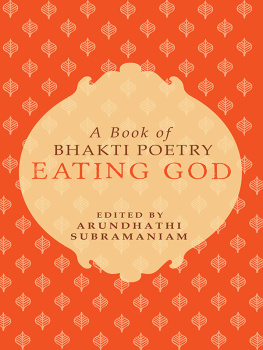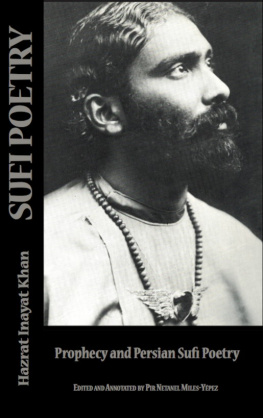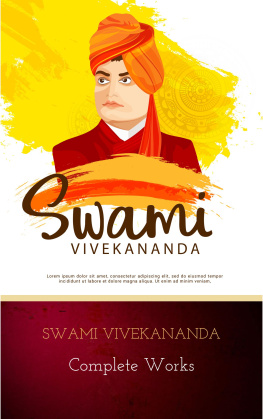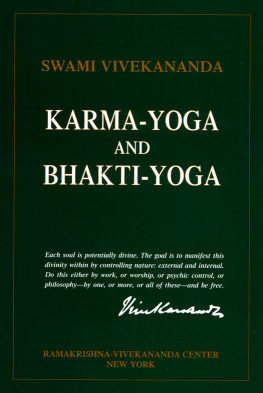Penguin Books is part of the Penguin Random House group of companies whose addresses can be found at global.penguinrandomhouse.com.
This digital edition published in 2016.
This book is sold subject to the condition that it shall not, by way of trade or otherwise, be lent, resold, hired out, or otherwise circulated without the publishers prior consent in any form of binding or cover other than that in which it is published and without a similar condition including this condition being imposed on the subsequent purchaser.
Introduction
There are poems, and there are poems.
There are poems that get under your skin and seep into your marrow without your even realizing you have been annexed. There are poems that become a part of the aural backdrop of your inner life, hypnotic and resonant. There are poems that tease the human cortex so that each reading becomes a decoding, an unravelling.
And then there are poems that assault you in some unknown part of your inner geography. A place both mysterious and familiar. A place that you recognize as a dark place of origin, marking the beginnings of an ancient human ache. A place that has sometimes been called the heart, sometimes the soul, and, by the doggedly unsentimental, the gut.
This is the breath-catching moment when self speaks to self more directly than you ever thought possible. A moment that sears through the smog of belief and doctrine, the endlessly recycled traffic of theology, the air waves of opinion. A moment when you know you are witness to the self pretending to be none other than itselfa simple, insatiable throb. This is a throb that will not be silenced. This is a throb that will not settle for bucket list petitions, for easy deals with a brokering god.
This is a throb that demands everythingall that ever was and ever will be, all that is here and now, and all that is before and beyond. It clamours for form and for no form, for thingy- ness and for no-thingness, even perhaps while knowing all along that there is not much difference between the two.
This is a throb so definitive, so encompassing that it blurs the conventional divide between the sacred and the profane. It is a throb that demands union and annihilation, love and liberation, ecstasy and extinction, more and no moreand demands it now.
Everyone has known it. Many choose to forget, defer, deny or dilute it. Understandably. It is inconvenient. It makes life difficult. When one does encounter it, however, one knows one is in the presence of something fragile, urgent, moltenly alive.
This is bhakti.
And this sharp text message to the human epicentre, this bruising and yet exhilarating arrow to the core of ones beingthis is the province of Bhakti poetry.

Experientially, the condition is as old as time. Historically, the movement had its identifiable moment of emergence on the Indian subcontinentan exuberant birthing that assumed the proportions of a tidal wave that crashed across the great barrier reefs of region and language, caste and class. The poet, scholar and preeminent Bhakti poetry translator A. K. Ramanujan described it as the great many-sided shift [that] occurred in Hindu culture and sensibility between the sixth and ninth centuries. Bhakti, he says, is one name for that shift.
Sacred texts like the Bhagavad Gita and strands of Upanishadic literature had invoked it earlier. But Bhakti, as a series of popular cults, celebrating devotion as the supreme road to the divine, began taking shape around the eighth century. The historical reasons for its emergence in diverse regions are variedranging from the rigidity of Brahminism to the need to carve out a spiritual identity vitalized by, and yet distinct from, the Shramana movements, and, later, Islamand it is not the intention of this book to dwell on the complex factors shaping its chronology.
It is clear, however, that the movement was not unitary. The regional cults were divergent in belief and practice. The objects of devotion were the gods, Shiva and Vishnu, in embodied and non-figurative versions, as well as the goddess or Devi in her many manifestations. But it is clear that these regional upsurges did not evolve out of some original teaching or spread through conversion (as historian Romila Thapar points out). Instead, they surfaced across a period of a thousand years when historical circumstances were ripe for their emergence, converging with the growing need of lower castes to give voice to their aspirations.
Sanskrit, that venerable matriarch of several Indian languages, had held monarchs and metaphysicians in her thrall for centuries. The sacred traditions of revelation (sruti) and recollection (smriti) were already known to comprise a rich heritage of spiritual literature. And yet, for all her lapidary refinement, her exquisite subtlety, Sanskrit gradually began to seem inadequate to meet the needs of a growing tribe of spiritual aspirants. This new tribe comprised men and women, seized by a collective feverish thirst. They were potters and peasants, weavers and cobblers, basket-makers and palanquin- bearers, musicians and milkmen, scholars and tax-collectors, boatmen and blacksmiths, pundits and hangmen, pariahs and priests, plebeians and princesses.
What did they have in common? Nothing, seemingly. Except for the fact that they dared to give voice to their longing. They were incendiary dreamers who refused to be mere worshippers, anarchic visionaries who refused to be mere inheritors. They were less god-fearing than god- possessed, less content to receive an ancient wisdom than impatient to express their own tempestuous interiority. It was a strange condition, this bhakti, this unappeasable lust, this clamorous yearning, this greed.
And so, the bhakta was borna new and colourful figure on the Indian spiritual landscape, wild and incorrigible, unquenchable in his yearning, irrepressible in his authenticity. With his cussed insistence on singing the dialect of his heartits lurching passions and plummeting despairshe became the voice of a people, the leader of a community, an embodiment of the zeitgeist. In his poems, he sang and lamented, cursed and celebrated, hungered and praised, loudly, lustily, sometimes embarrassingly. And he never stopped demanding.
What did he demand? Nothing less than the divinethe glorious, unmediated divine. And whats more, he seemed to see evidence of divinity everywhere. He saw it in the ordinary life ordinarily lived. He saw it in lifes detritus and triviain cloth and clay, in pots and pans, in the temple and on the street, in the grandeur of the scriptures and in his own robust demotic. He exulted when he saw it and despaired when he lost sight of it; he yearned to devour it and be devoured by it; he sought it in the world of throbbing materiality and he sought it in the shadowy provinces beyond the threshold of the senses.
















